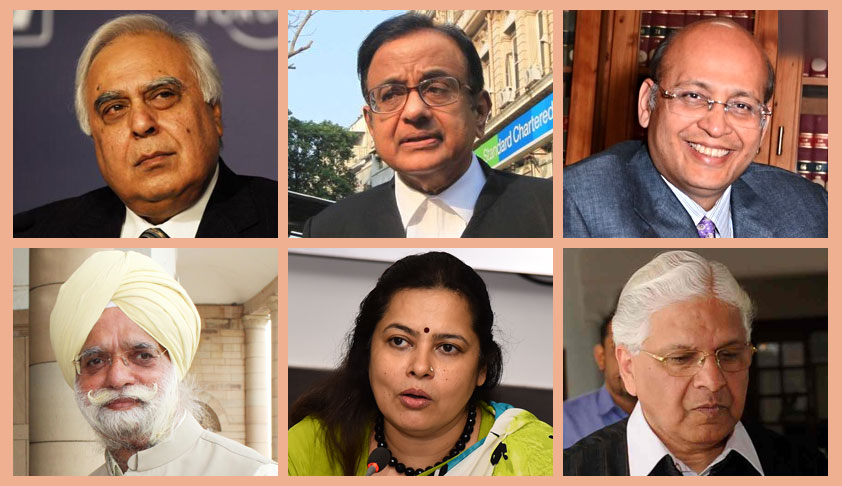Centre, BCI Say Legislators Can Be Allowed To Practice As Advocates; SC Reserves Judgment
LIVELAW NEWS NETWORK
9 July 2018 5:44 PM IST

Next Story
9 July 2018 5:44 PM IST
The Supreme Court today reserved orders on a petition to declare that a person should not be permitted to perform the dual role of a lawyer and a legislator(MP/MLA).The Centre did not accept the proposition that lawyers should be banned from being legislators. When his view was sought, Attorney General K K Venugopal said such a ban is not correct or justifiable as being an MP/MLA is not a...
